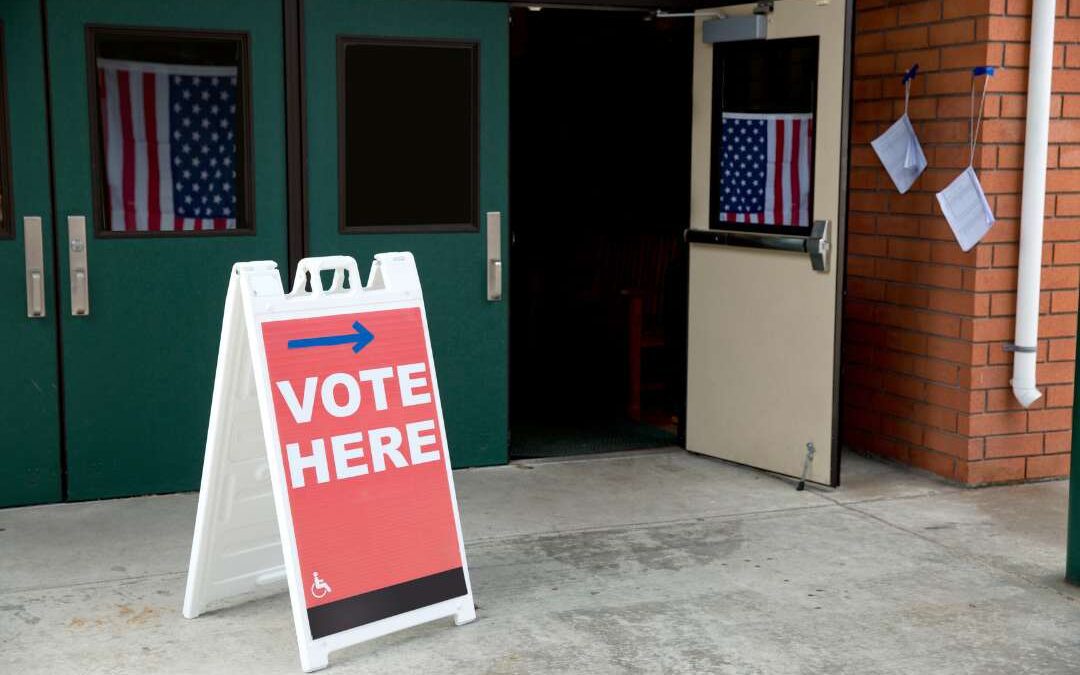Persuading people is tricky. We all have convictions that we believe would benefit others if they agreed with us. To make that happen, we persuade. But persuasion doesn’t usually happen in one conversation, so this is a post to remind us to keep the long view in mind as we engage within the body of Christ. Here are a few things to keep in mind in Choosing Your Battles as we have difficult conversations over long periods of time:
1. Don’t Insist on Specialized Language
In any large, complicated issue, there are intricacies, details, and nuances of language that most people miss. If you know about an issue and the person to whom you are talking does not, you will know specialized words with precise meanings which may be unfamiliar or misunderstood. But love does not insist on its own way (1 Corinthians 13:5). In nearly every case, a conversation can be had without this specialized language, or at least by clearly explaining what your words mean.
Flexibility in this area does two things. The first is that you lower the barrier for entry into the conversation. By working a little harder to communicate the same thoughts with accessible words, you love your brothers and sisters and allow more Spirit-filled voices to speak without a shared specialized lexicon. The second is that you are not persuading someone to use your definition of a word in order to persuade them of an even bigger, more important idea. You don’t have to have multiple disagreements at once. Which leads to our second point:
2. Clearly Separate Areas of Disagreement
Sometimes on your way to making your point you will discover that you and your friend disagree about something else along the way. That’s OK. You don’t have to make every argument every time. Using common language can help with this. So can discipline to avoid distraction and charity to not be threatened by disagreement. Separating arguments allows us to disagree at points and agree at others. Do we all need to agree on the definition of white privilege before we can talk through cultural elements in our worship service? I say no.
The inverse is thinking we have to agree on everything before we can agree on anything. That is not helpful. Allowing for charity in some disagreements allows for progress on others. It takes wisdom to know where to overlook an offense and when to confront (Proverbs 19:11; 12:1). This is all the more reason to pray (James 1:5).
3. Spend Relational Capital Wisely
I hope you have a friend who can say anything to you. A friend who has been so faithful over the years who has earned the right to say hard things to you, even if you don’t want to hear it. That’s what I mean by relational capital. If your friend says something hard to you, they spend relational capital that they’ve built up over years of faithfulness.
In the context of friendship, disagreement can take a toll. There is a reason Scripture tells us that confronting the wayward should be done by those who are spiritual and in meekness (Galatians 6:1). If you become a friend who picks every argument and can’t let anything go, you will quickly find yourself without any relational capital to spend. But by demonstrating faithfulness in friendship and charity in disagreement wherever you can, you can build up capital to spend in ways that can make a difference.
These three tips are by no means all there is to say about disagreeing charitably over long periods of time. But they are a helpful starting point. God help us as we sharpen each other as iron sharpens iron (Proverbs 27:17).
Published August 10, 2021
Prayer Requests:
- Pray that God makes you the kind of friend who can say hard things when needed.
- Pray for the wisdom to know when to speak and when to overlook.
- Pray that God’s people would agree in the Lord even when we disagree about other matters.











